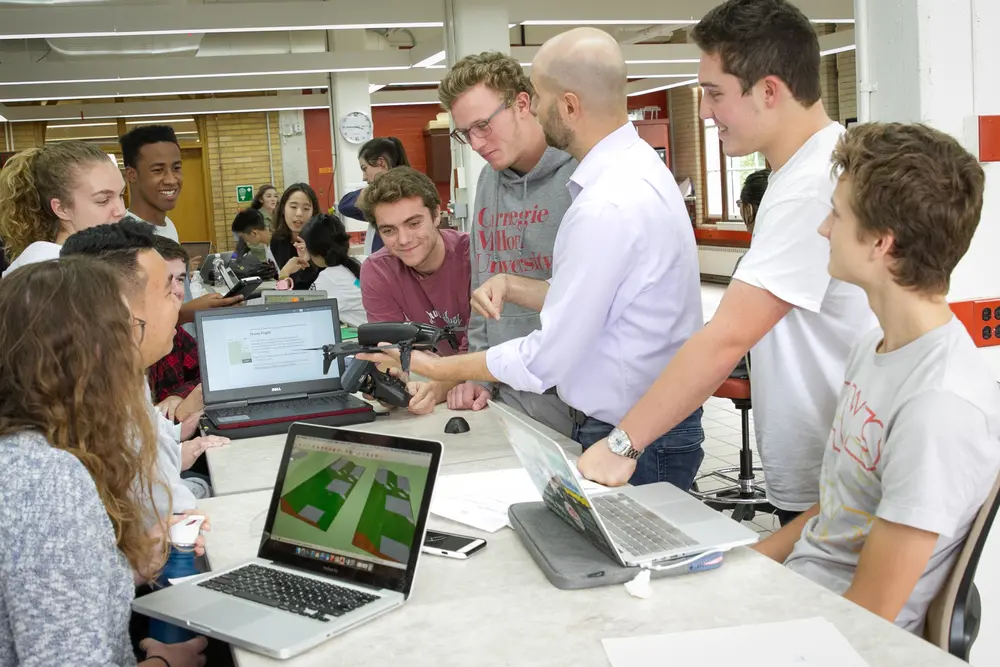Civil & Environmental Engineering
Building foundations for sustainable communities

"I love that I get to learn the nitty gritty technical details of, say, coastal erosion protection, and also learn about the bigger policy picture that influences the infrastructure we design. "
College of Engineering
Civil & Environmental Engineering
As a civil or environmental engineer, you’ll apply science, technology, social science and communication skills to develop sustainable solutions for the needs of today’s world. Civil engineers plan, design and maintain the infrastructure of society — buildings and airports, tunnels and bridges, and water supply and waste management systems. Environmental engineers protect public health and the environment through improving water, energy and food systems and creating efficient, healthy and resilient cities.
Beyond devising and managing engineered and coupled engineered-natural infrastructure, civil and environmental engineers provide leadership on technical and societal issues like renewable energy, climate change adaptation, smart transportation systems and sustainable development. You’ll develop the strong communication skills needed to navigate complex projects, lead diverse teams and interact with those involved — public officials, company leaders, government officials and community members.
Class of 2023, Six Months After Graduation
96%
Employed or in Grad School
$72,613
Average Salary
Recent Employers
WSP
Deloitte
Arup
Parsons
High School Course Requirements
*Four years of mathematics should include at least algebra, geometry, trigonometry, analytic geometry, elementary functions (pre-calculus) and preferably calculus. Advanced mathematics courses are encouraged, especially a course in calculus.

Mix It Up
You’re not just one thing. You’re a scientist. An artist. A technologist. A maker. A writer. Carnegie Mellon has been mixing it up for decades, and whatever you want to pursue, we’ve got the right mix for you.